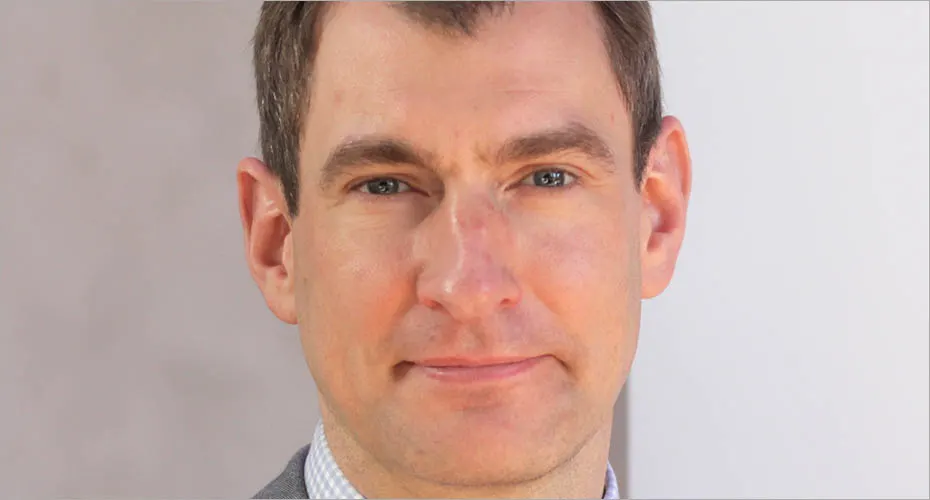Our purpose is to deliver transformative education that will help tackle primary healthcare challenges on local, national and global scales.
This programme is taught using a blended (face-to-face and online, synchronous and asynchronous) approach to learning of lectures, classroom discussion, bespoke tutorials and practical exercises, supported by on-line resources accessed via the University of Exeter’s electronic learning environment (ELE). We follow a ‘flipped’ approach; you prepare before the contact days, watching online lectures, reading papers, discussing topics via our interactive learning environment (ELE). This way we can reduce the time that you need to take off work by 50% and concentrate when we do meet, on higher level skills: applying, discussing, designing using the knowledge that you have learned beforehand. It is these higher level skill that are the hallmark of Masters-level study.
- Interactive arena sessions; debates and discussion around key topics, evidence and papers – often with invited expert guests and contributors
- Masterclasses from highly experienced practitioners. Out teaching faculty include Chairs and Presidents of RCGP and WONCA World together with senior representatives from WHO and other national and international healthcare organisations.
- Tutorial / small groups
- Work-based exercises using our bespoke teaching materials
- Online interactive textbook written by the course director for the purposes of this course
- Online video textbook of cases covering the material on the course
- Real time teaching in live clinics from around the world using secure live-streaming and smart-glass technology developed at Exeter in collaboration with a technology company (GHEG).
- Practical classes; Practice designing you own clinics or other health interventions and evaluating their effectiveness.
Learning
This programme enables students to interact with learners from every branch of medicine and at every stage. There are practical sessions on each module and the flipped classroom and hybrid learning approach offers something to suit everyone.
Face-to-face teaching is typically delivered over two days per module, with pre-reading, teaching practice, project work and assessments making up the remainder of learning activities.
Assessment
Short assessments are tailored to each module, with some assessment taking place in class, and others requiring electronic submission of assignments towards the end of a module.
For many, you will not have written academic assignments for a long time – if ever. We will help you develop the skills required (reading, summarising, using references and learning to write simply and clearly). These are of course transferable skills and you will find that the ability to locate, analyse, summarise and then communicate knowledge will serve you well in whatever line of work you are in.
Research
The University of Exeter is one of just 15 (out of 250) UK universities, whose research excellence is reflected in the membership of the Russel Group. This means that our research is globally recognised and our partnerships with healthcare providers, industry and above all, the public, mean that this work is constantly at the cutting-edge of innovation in improving lives.
Explore some of the many highlights of our research on our research impact page.
Primary care research at Exeter is world leading. The premier primary care journal (BJGP) originated and was originally published in Exeter. APEX (The Integrated Teaching and Research Department of General Practice) is one of only 7 Universities in the UK to be part of the National School – reflecting Exeter’s position in research generally and primary care research in particular, as one of the world’s leading institutions.












